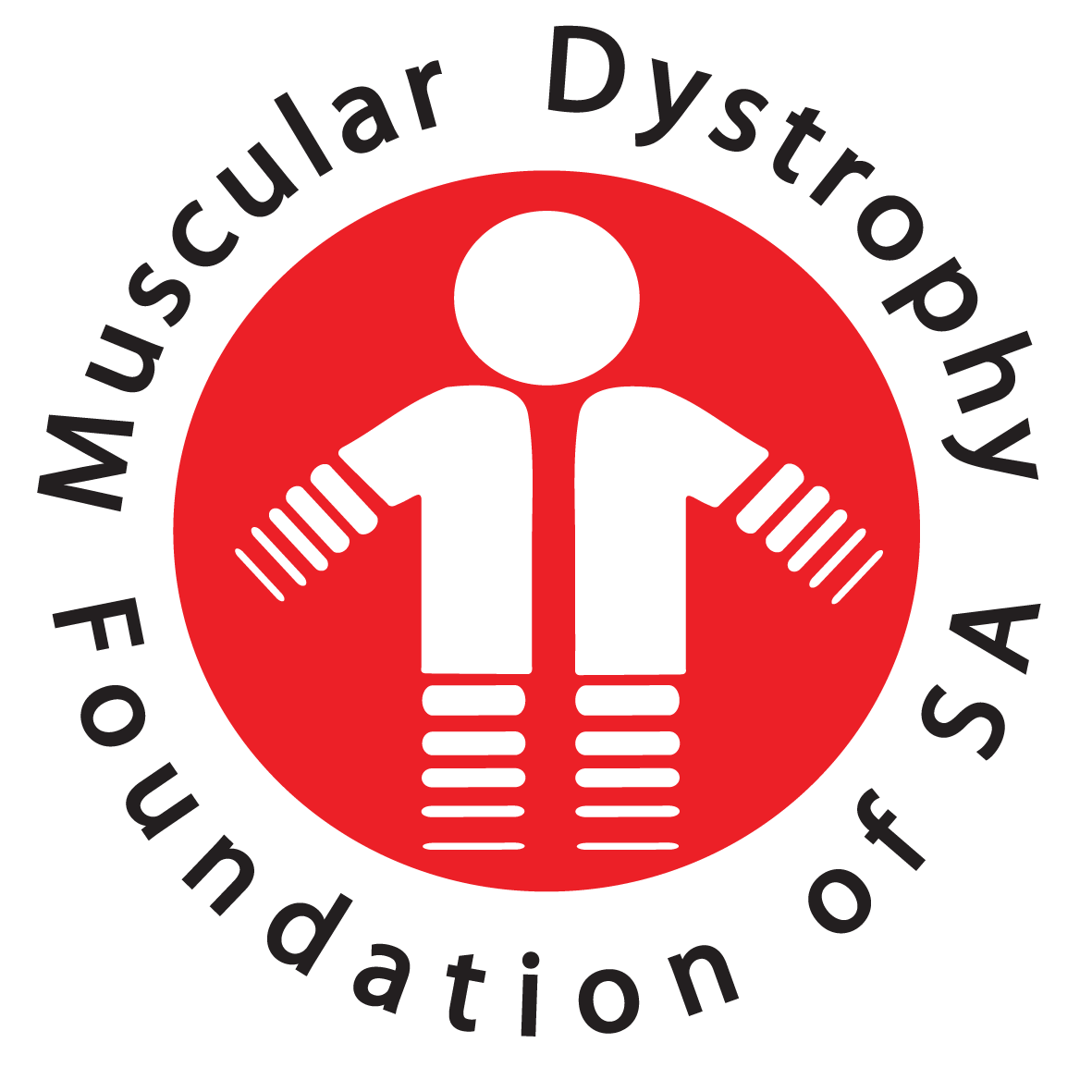Limb Girdle Muscular Dystrophy
Cardiac care
- Cardiomyopathy and/or dysrhythmias are common in LGMD.
Respiratory care
- Symptoms of nocturnal hypoventilation may signal the development of significant respiratory muscle weakness and the need for intervention. Noninvasive ventilation (NIV) may be required. If supplemental oxygen is required during a respiratory crisis, this must be carefully controlled and carbon dioxide levels monitored, especially in the context of chronic respiratory failure.
- Assisted coughing with chest physiotherapy and breath-stacking techniques with an AMBU bag help to clear lower airways secretions. This can also be facilitated by a cough assist device. These interventions should be performed only by trained and experienced persons.
- Immunisations should be kept up-to-date, including the flu and pneumococcal vaccines.
Medication and anaesthetic precautions
- It is essential that the anaesthetist is aware of the diagnosis of LGMD to allow appropriate pre-operative assessment and post-operative monitoring.
- LGMD patients may experience increased sensitivity to sedatives, inhaled anaesthetics and neuromuscular blockade.
- Local anaesthetics and nitrous oxide are safe (e.g. for minor dental procedures).
Fractures and falls
- If the patient is ambulant before fracture, internal fixation is preferable to casting as it helps to preserve muscle and speeds a return to walking.
- It is advised to check vitamin D levels and bone mineral density on a regular basis, especially following a fall or fracture.
Recommendations and precautions
- Swallowing difficulties are rarely reported in LGMD patients, however if present, they should be assessed by a speech and language therapist (SALT).
- Liver enzymes (AST/ALT/alkaline phosphatase) may be mildly raised on blood tests in up to 50 percent of patients. The clinical setting dictates whether further investigation is indicated.
Reprinted with permission of Muscular Dystrophy UK. Reviewed by Dr J Wilmshurst, Head of Paediatric Neurology, Red Cross War Memorial Children’s Hospital

